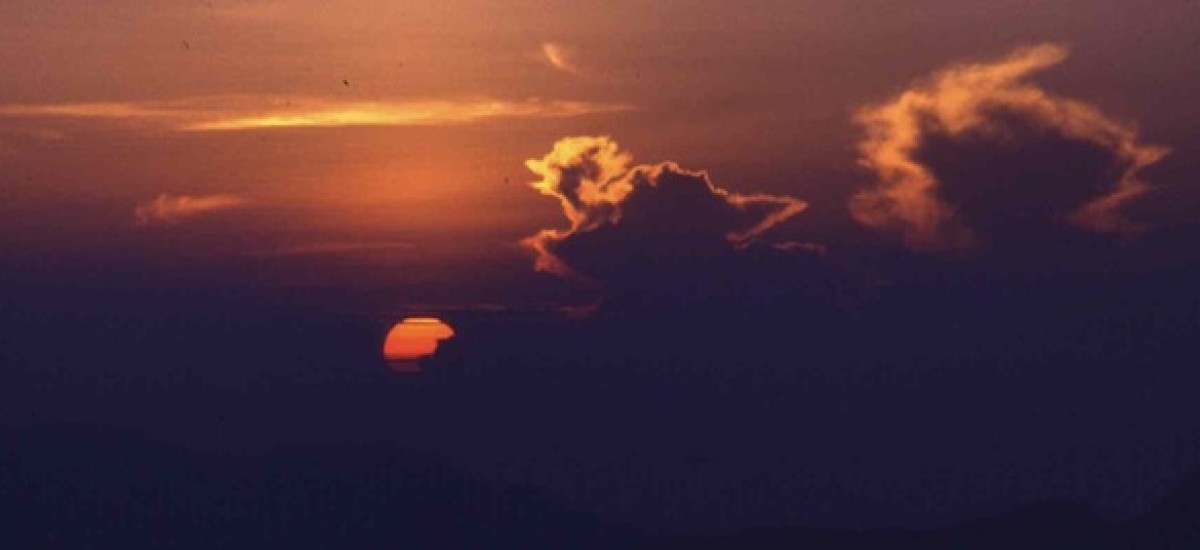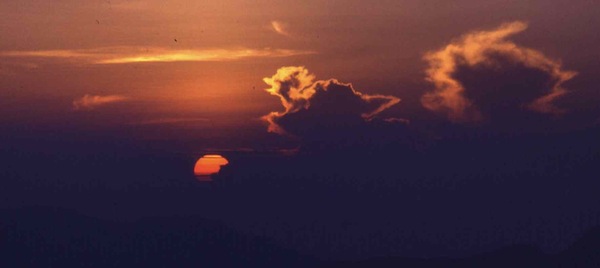While the word biodiversity is gaining currency worldwide as a result of the Convention on Biological Diversity (CBD) an internationally binding set of agreements. Whose articles are legally binding and used today to address some or other aspect of nature. Thus it is critical to appreciate the true nature of biodiversity and what role it has in our future.
Biodiversity is the measure of the variability of living organisms at any spatio-temporal point i.e. the number of different species at anyplace at any given time. It does not mean wild, endemic, rare or even native, it is merely a measure of diversity. This measure has various meanings, from indicating a potential for conservation to indicating changes in the environment. It also signifies the way natural cycles work, cycling substances such as carbon, oxygen or water. The conservation of biodiversity refers to the conservation of this diversity of actions.
The variability of our living world, has been the source of human inspiration across cultures and ages, resulting in art, philosophy and spirituality. It is an issue today, because such human inspiration cannot be appreciated by a non-human system. The beauty and wonder of the living world does not have meaning in the marketplace. A non–living corporation claiming the same rights as a living human being , does not place as much value on an environment benign to life, as a living being will. Sadly, this process has created monocultures of economic expediency that so clearly erode the biodiversity and sustainability on the lands they operate on. The erosion of biodiversity is a clear signal that the functioning of the very life support system itself is being impacted.
Much of this corporate activity stems from the fact that we have committed ourselves to accepting the norms of consumerist, growth oriented society as indicators of development. ‘Economic Development’ has become the watchword, with no question of what uncounted externalities contribute to that economic development. Here we seek to create venture capital, investment funds and other monetary structures that require increasing rates of consumption to fuel its existence. To create consumption we have developed the art of creating desire, the goal of which is to consume yet another product. While trapped in the endless activity of fulfilling this desire we are numb to the problems of the world. We do not even appreciate the rapid removal of conditions necessary for the continued existence of genetic, ecological and cultural information. These are seen to be unimportant to modern society and economic development. Such losses have now reached critical proportions in some areas, but the actions leading to such losses are vindicated by the human value system called the consumerist, growth oriented society. This value system claims to represent the will of humanity.
Using a theory called “consumer’s sovereignty”, where whatever contributes to the satisfaction of the individual is decreed good and whatever detracts from individual satisfaction is decreed bad; the salesmen of the world set about the activity of creating desire. To help the process along a pecuniary philosophy of ‘educating’ the consumer to develop wants that they never had before and then sell those wants is instituted as marketing.
The result is that, more and more resources are required to satisfy the individuals desires and preferences. Meanwhile, the individual preference is constantly being re-defined by the pecuniary action of these same salesmen. The outcome of their activities has been to place an ever-increasing demand on resources be they renewable or non-renewable. As the values and ideals of the consumerist, growth oriented society becomes identified as ‘Economic Growth’ and extends to include more and more of humanity, there is a proportionate reduction in the ability of life to sustain itself. The loss of biomass and biodiversity are but two signs of erosion of the life support systems that humanity relies on.
However, the acceptance of this problem will not be easy for most. Compassion and care are wonderful goals, but who can do what Jesus, the Buddha, The Prophet and countless other teachers failed to do for humanity? The activity of modern society is the proof that it is the antithesis of their values now guides ‘development’. Perhaps humanity has abandoned its old teachers to follow the pied pipers of money along its calculated way. After all what proportion of human activity today goes in the service of its new god, money? For that is where the power of life and death or the difference between comfort and discomfort lie today.
Thus if we are to conserve biodiversity, waiting for the world to become compassionate, may be too expensive in terms of lost species and time. We have to institute activity that results in the conservation of biodiversity now. If the consumerism is the dominant paradigm we must learn how to work within it to protect biodiversity, this does not mean that we give up the effort to transform the paradigm, rather to recognize the reality of our situation and respond effectively. If nothing else, as an act of gratitude for the living beings that we are !


